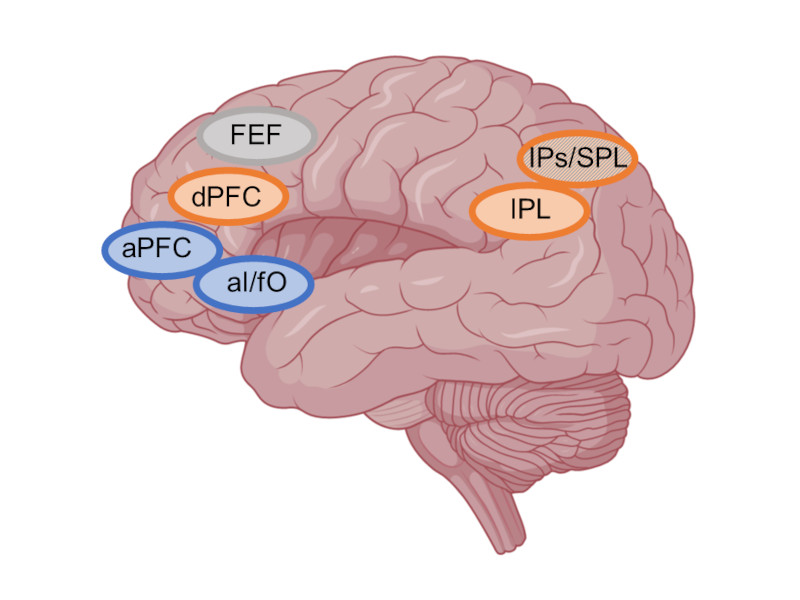
Project Information
- Category: Invited Talk
- Conference: 2023 ASHA Convention
- Authors: Lauren Petley, David R. Moore, Lisa L. Hunter
Auditory and Cognitive Factors in Listening Across the Lifespan: Beyond the Audiogram
While standard audiometry is effective for hearing aid fitting and the treatment of conventional hearing loss, a considerable proportion of individuals seeking treatment report challenges listening in everyday situations despite clinically normal hearing. We refer to such symptoms as listening difficulties (LiD). For some people, these difficulties may genuinely be attributable to peripheral losses that are undetected by typical screening procedures, such as minimal hearing loss or elevated thresholds at extended high frequencies. For others, however, these deficits must be traced to the central nervous system, and the brain networks that interact with hearing to enable listening to complex signals like speech.
The active operation of listening necessarily relies on much more than an intact auditory system. Privileged processing of task-relevant auditory streams over other sources of stimulation is only made possible through the influence of brain structures associated with attentional control, which modulate even early sensory and perceptual processing. Working memory – the ability to actively maintain and manipulate information in memory – is yet another cognitive factor that influences listening, particularly to speech in noise. The combined evidence from these two lines of research highlights the importance of executive function, the highest level of behavioral control, in listening, in addition to the network of brain structures that are required for language comprehension. Many of these factors vary across the lifespan.